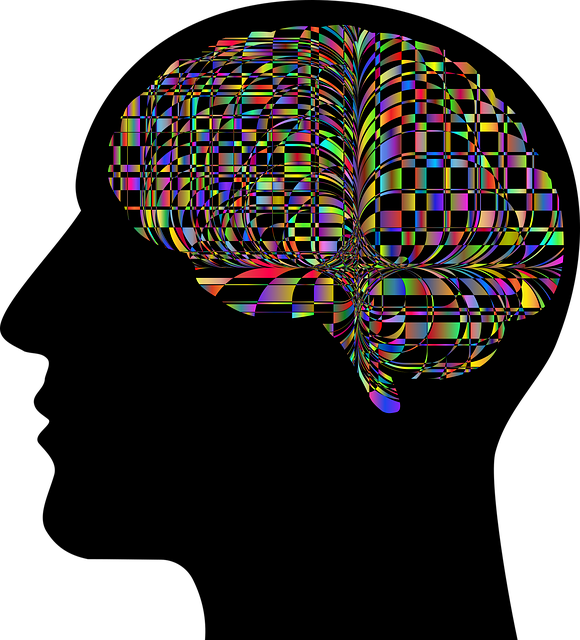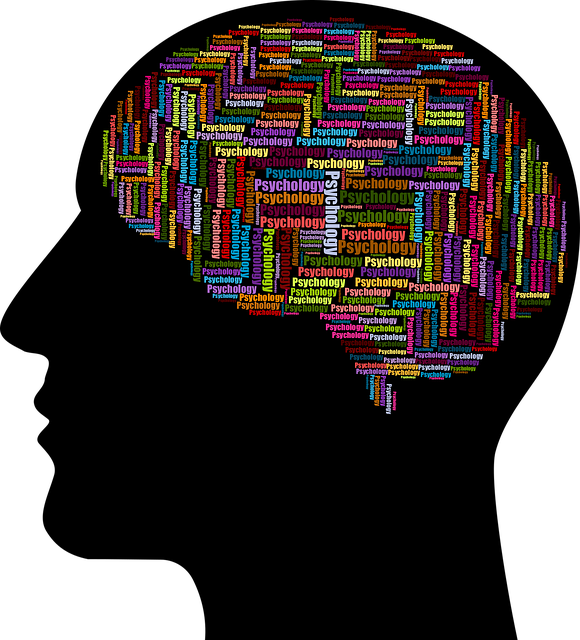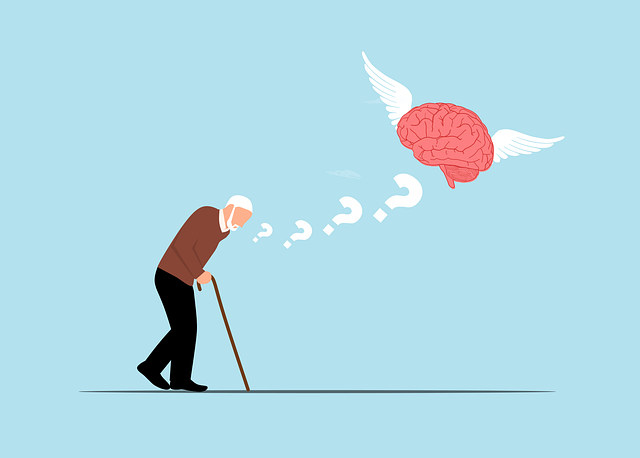Greenwood Village Eating Disorders Therapy emphasizes self-care as a vital practice for overall well-being and mental health, involving balanced lifestyle choices like proper nutrition, exercise, sleep, and joyful activities. Identifying personal needs through introspection guides tailored plans developed during therapy sessions. The holistic approach incorporates mindfulness practices and empathy-building strategies to promote emotional wellness. Cultivating emotional intelligence and self-compassion builds resilience, helping individuals manage stress, improve mental health, and achieve lasting well-being with professional guidance from Greenwood Village Eating Disorders Therapy.
Self-care is not a luxury but a necessity for maintaining holistic well-being. In this comprehensive guide, we explore various aspects of enhancing self-care practices, from understanding its foundational importance to practical strategies for mental wellness and building resilience. Learn how to identify personal needs, nurture physical health, and navigate challenges with compassion—all backed by expert insights from Greenwood Village Eating Disorders Therapy. Elevate your self-care journey today.
- Understanding Self-Care: The Foundation of Well-being
- Identifying Personal Needs and Priorities
- Nurturing Physical Health: A Holistic Approach
- Mental Wellness Strategies for Daily Practice
- Building Resiliency: Navigating Challenges with Self-Compassion ( featuring Greenwood Village Eating Disorders Therapy)
Understanding Self-Care: The Foundation of Well-being

Self-care is a fundamental practice that forms the bedrock of overall well-being and mental health. It involves a conscious effort to nurture and tend to one’s physical, emotional, and psychological needs, allowing individuals to thrive in their daily lives. At Greenwood Village Eating Disorders Therapy, we emphasize that self-care isn’t merely an indulgent activity but a necessary tool for managing stress, improving resilience, and fostering better mental health. Understanding the importance of self-care is crucial in today’s fast-paced world, where burnout prevention strategies for healthcare providers and emotional well-being promotion techniques are becoming increasingly vital.
The concept goes beyond occasional pampering sessions; it entails creating a balanced lifestyle that incorporates activities enhancing both physical and mental health. This includes proper nutrition, regular exercise, adequate sleep, and engaging in hobbies or practices that bring joy and relaxation. By prioritizing self-care, individuals can reduce the impact of stress, anxiety, and even mental illness stigma reduction efforts, leading to improved overall well-being.
Identifying Personal Needs and Priorities

Identifying your personal needs and priorities is a fundamental step in enhancing self-care practices. It’s akin to navigating a complex labyrinth; understanding your unique desires, weaknesses, and strengths enables you to chart a course for well-being. This process involves introspecting to recognize what truly nourishes your mind, body, and spirit. For instance, someone might discover that regular exercise and mindfulness practices are essential for managing stress, while another individual may find solace in creative outlets or spending time in nature.
This self-awareness is crucial when considering the various aspects of mental health, including addressing eating disorders, as seen in Greenwood Village Eating Disorders Therapy. Effective communication strategies, often facilitated by trained mental health professionals, play a vital role here. By openly discussing these priorities during therapy sessions, individuals can develop tailored plans that integrate their personal needs into their self-care routines. Moreover, a comprehensive risk assessment helps in gauging potential challenges and fostering positive thinking, ensuring individuals are equipped to maintain healthy habits over the long term.
Nurturing Physical Health: A Holistic Approach

Nurturing Physical Health is a fundamental aspect of self-care and can have a profound impact on one’s overall well-being. At Greenwood Village Eating Disorders Therapy, we emphasize a holistic approach to this process. This means addressing not just the physical body but also recognizing the deep connection between mind and body. By incorporating simple yet effective practices, individuals can develop inner strength and emotional resilience.
Embracing a balanced diet, regular exercise, and sufficient rest are key components of this journey. These activities not only promote physical health but also serve as powerful Emotional Well-being Promotion Techniques. Additionally, mindfulness practices and empathy-building strategies can further enhance the experience, fostering a deeper sense of self-love and acceptance. Through these holistic methods, individuals can embark on a transformative path, nurturing their physical bodies while cultivating a strong emotional foundation.
Mental Wellness Strategies for Daily Practice

Incorporating mental wellness strategies into daily routines is a vital aspect of self-care improvement and can be highly beneficial for overall well-being, especially in places like Greenwood Village Eating Disorders Therapy where emotional health is prioritized. One effective approach to enhancing mental wellness is practicing mindfulness, which involves being fully present in the moment without judgment. This simple yet powerful technique can help individuals reduce stress, increase focus, and improve their ability to manage emotions effectively. Taking a few minutes each day to practice deep breathing exercises or engaging in mindful activities like meditation or yoga can set a positive tone for the rest of the day.
Additionally, cultivating emotional intelligence is a key strategy for maintaining mental wellness. Emotional intelligence entails recognizing and understanding one’s own emotions as well as those of others, which fosters better communication, strengthens relationships, and promotes effective problem-solving. By practicing active listening, engaging in open conversations about feelings, and seeking support when needed, individuals can enhance their emotional intelligence, leading to improved mental resilience and overall wellness. These strategies, combined with professional guidance from Greenwood Village Eating Disorders Therapy, can empower individuals to take charge of their mental health and lead more fulfilling lives.
Building Resiliency: Navigating Challenges with Self-Compassion ( featuring Greenwood Village Eating Disorders Therapy)

Building resiliency is a crucial aspect of self-care and well-being. Navigating challenges with self-compassion can help individuals develop a stronger sense of resilience, enabling them to bounce back from setbacks more effectively. Greenwood Village Eating Disorders Therapy focuses on this concept, offering support that goes beyond traditional therapy models. By fostering self-compassion, their approach helps clients cultivate empathy and understanding towards themselves, which is essential for managing stress and improving overall mental health.
This therapy also emphasizes the interconnectedness of various aspects of well-being, including self-esteem improvement and stress reduction methods. Through tailored strategies, individuals learn to embrace challenges as opportunities for growth, enhancing their ability to cope with life’s ups and downs. Greenwood Village Eating Disorders Therapy serves as a beacon for those seeking not just recovery but also a deeper sense of resilience and self-care practices that promote lasting well-being.
Self-care is a powerful tool for enhancing overall well-being, and by understanding and prioritizing personal needs, individuals can embark on a transformative journey. As Greenwood Village Eating Disorders Therapy emphasizes, building resiliency through self-compassion is key to navigating life’s challenges. By incorporating holistic practices that nurture physical and mental health, one can create a sustainable symphony of self-care routines. This article has provided practical strategies for improving self-care, offering a roadmap to a healthier, more balanced lifestyle.














